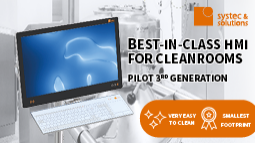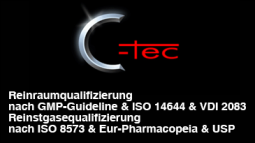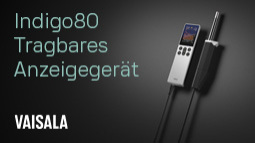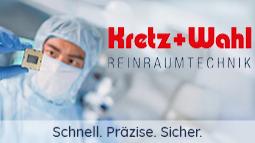Maximising efficiency potential
ENGEL at TaipeiPlas 2018
Compact manufacturing cells, precise processing and intelligent control units: ENGEL AUSTRIA, the injection moulding machine manufacturer and system solution provider, is set to pull out the efficiency stops with a medical application for TaipeiPlas 2018, which takes place in Taipei, Taiwan, from August 15th to 19th.
Silicon is a highly resistant and biocompatible material that can be injection moulded with maximum precision and efficiency. It has an ever increasing number of uses in the field of medical engineering, especially in relation to consumables needed in high quantities. Over the five days of the trade event, ENGEL will demonstrate how to minimise unit costs with intelligent machine technology by producing catheter components from liquid silicone rubber (LSR) using a 16-cavity mould on a tie-bar-less ENGEL victory 200/80 injection moulding machine with clamping force of 800 kN.
Tie-bar-less technology cuts unit costs
Tie-bar-less technology – a unique selling point of ENGEL – is key to cost effectiveness. Given that mould fixing platens on ENGEL victory injection moulding machines can be used to the hilt, relatively small machines can be fitted with large moulds. This is especially efficient when multi-cavity moulds are used which, although being large, require relatively little clamping force for the precise moulding of fairly small component surfaces. Where a tie-bar-less injection moulding machine is deployed, therefore, the machine size is determined not by mould volume, but by the clamping force required for the moulding process. Thanks to tie-bar-less technology, much smaller injection moulding machines can be used for many applications; this keeps investment and operating costs low while facilitating compact manufacturing cells.
The patented force divider in the tie-bar-less clamping unit enables the moving mould mounting platen to follow the mould exactly parallel while clamping force is building up, and ensures that the applied force is evenly distributed across the whole surface. This means both outer and inner cavities are kept closed with precisely identical force, which leads to extremely consistent wall thicknesses. Even when using very low-viscosity materials such as LSR, flashes are reliably prevented, so injection moulded parts require no subsequent processing.
Other advantages of tie-bar-less clamping units include improved ergonomics, set-up time savings and highly efficient automation concepts. Robots have maximum freedom of movement and are able to access the mould area from the side without obstruction. Bearing these two factors in mind, the ENGEL victory is ideal for use in cleanrooms. Moreover, the tie-bar-less mould area already lessens air turbulence constructively.
Not least, the energy-efficient operation of victory machines contributes to high overall efficiency. The machines come with a servohydraulic ecodrive as standard.
Integrated manufacturing cells from a single source
“Demand for high-end solutions for LSR processing is rising fast,” says Kurt Hell, Vice President of ENGEL’s Medical business unit in Asia. “By adapting production lines to individual products and quantities, we can guarantee our customers high competitiveness. Where the components in a manufacturing cell are all coordinated from the outset, we can maximise both efficiency and quality potential.”
To integrate other peripheral units and moulds alongside robots and process technologies, ENGEL has established a global network of system partners. “Here in Asia we have very strong partners who, like us, are able to implement ideal solutions because they understand the needs of local processors intimately,” says Hell. “By working with local suppliers, we guarantee high cost efficiency for the most demanding applications while keeping delivery times short across the whole system.” The system partners involved with the exhibit are Taiwan-based mould manufacturer H.R. Silicone and 2KM, which is represented in Asia in Guangzhou, China.
Self-optimising injection moulding machine
Furthermore, Industry 4.0, another trend gaining ground in Asia, will draw visitors to the ENGEL stand at TaipeiPlas. “Industry 4.0 is a major enabler of greater efficiency and quality,” stresses Kurt Hell. “We are supporting our customers on the road to the smart factory by developing products tailored to their precise needs.” The modular approach of ENGEL’s inject 4.0 program is making it easy for processors to exploit the opportunities presented by Industry 4.0. Even small-scale individual solutions promise considerable benefits. To give one example, ENGEL will be presenting its iQ weight control assistance system in Taipei. During the injection process, the software analyses the pressure profile in real time and compares measured values by means of a reference cycle. For every shot, the injection profile, switchover point and the holding pressure profile are automatically adapted to current conditions and the injected melt volume is kept consistent throughout the production operation. In this way, fluctuations in environmental conditions and in raw materials are automatically recognised and readjusted before even a single reject is produced.
ENGEL AUSTRIA GmbH
4311 Schwertberg
Austria











